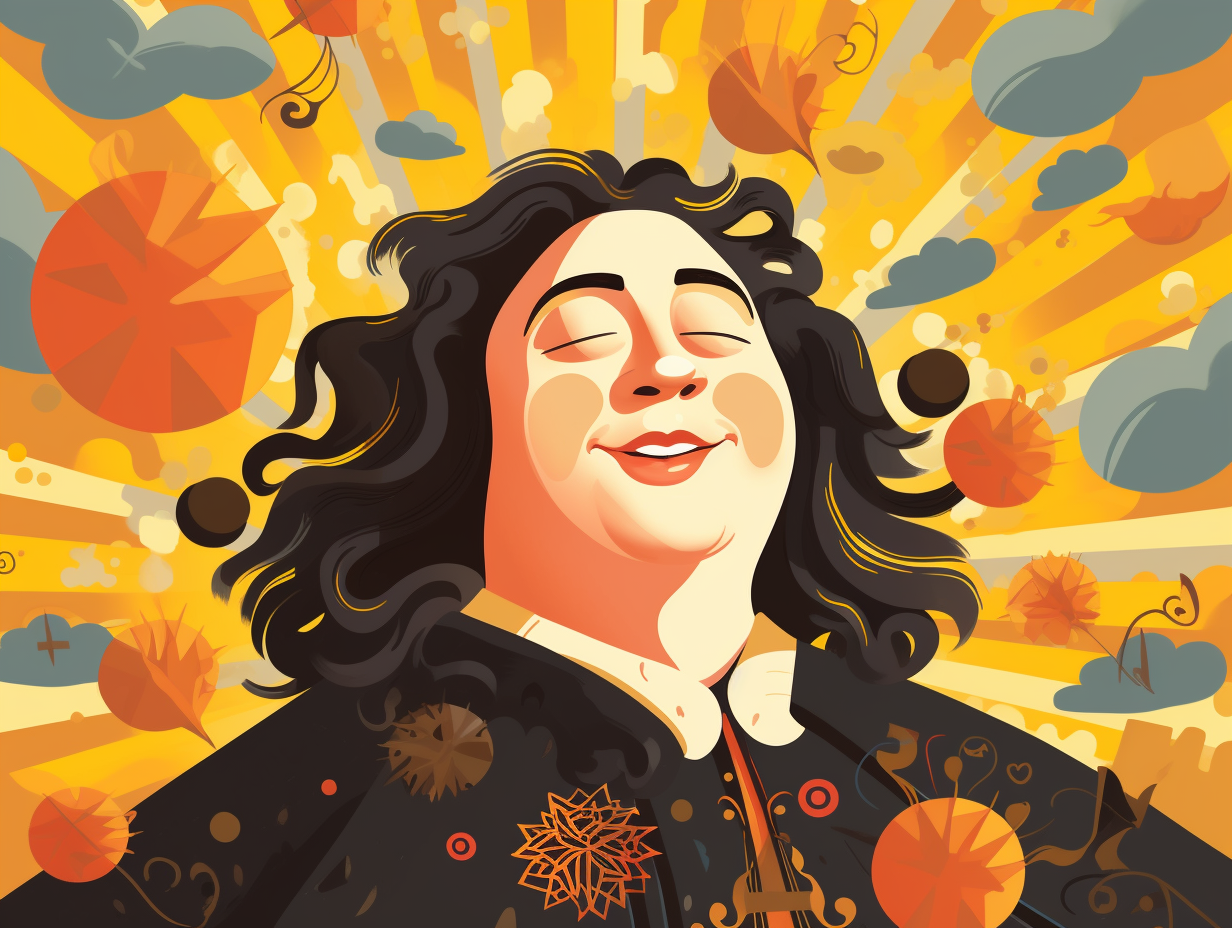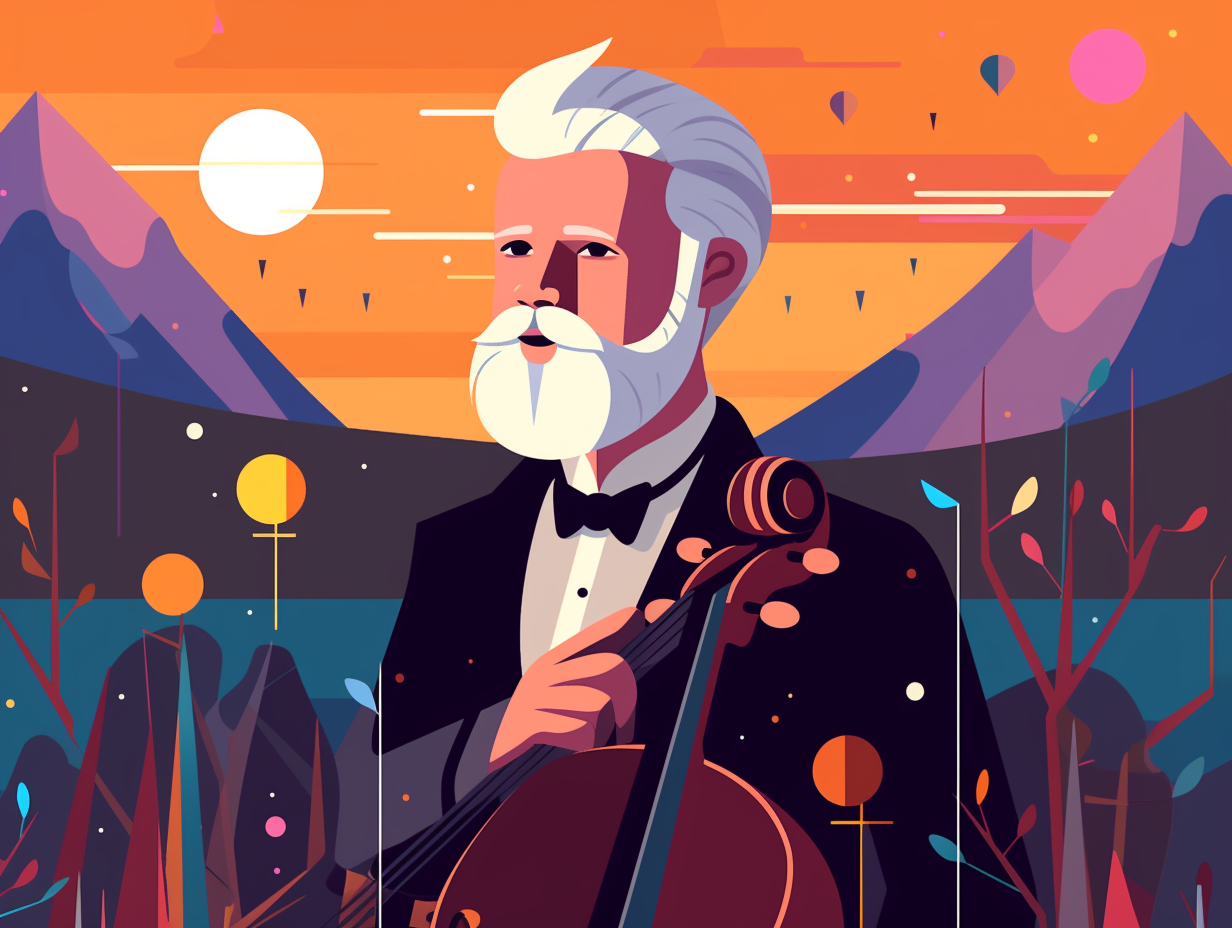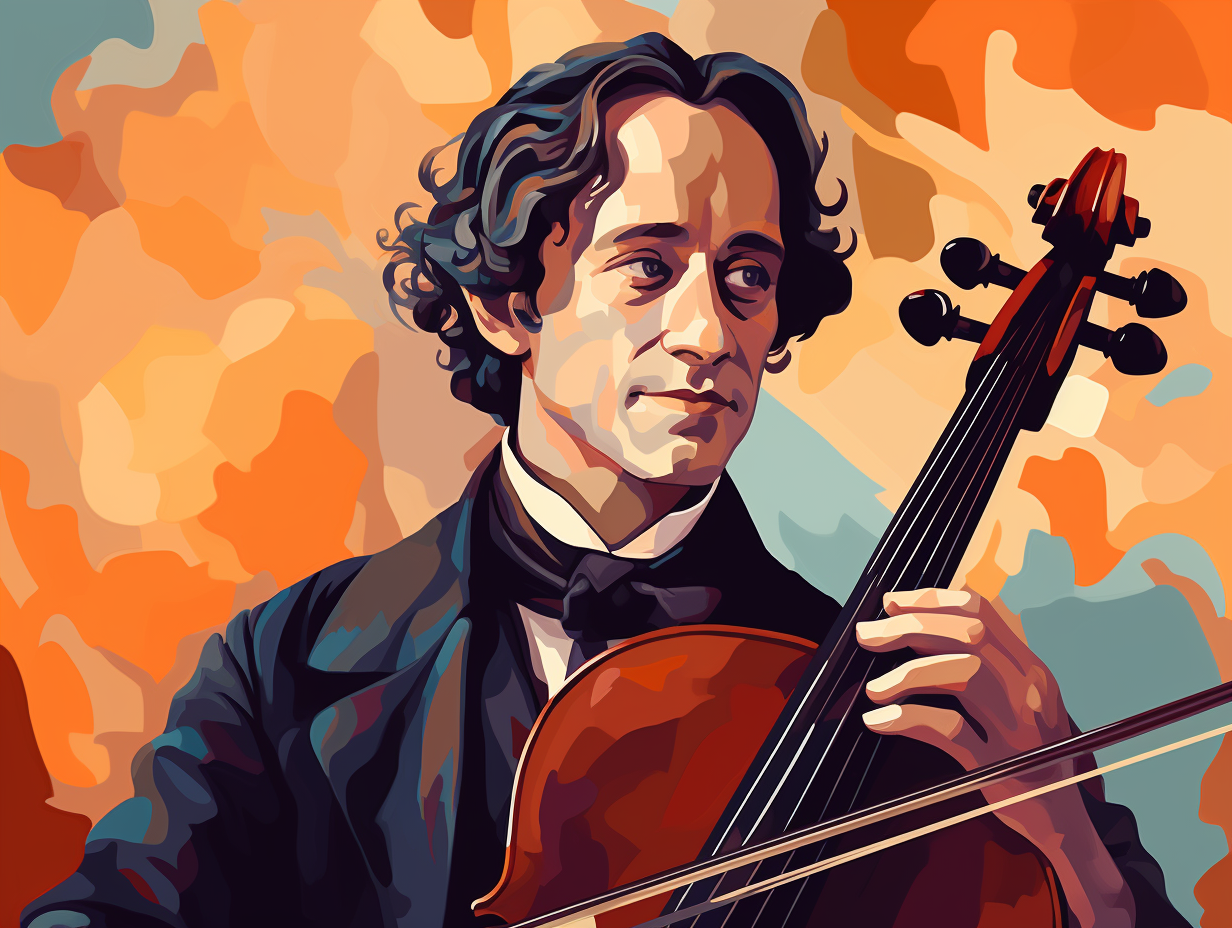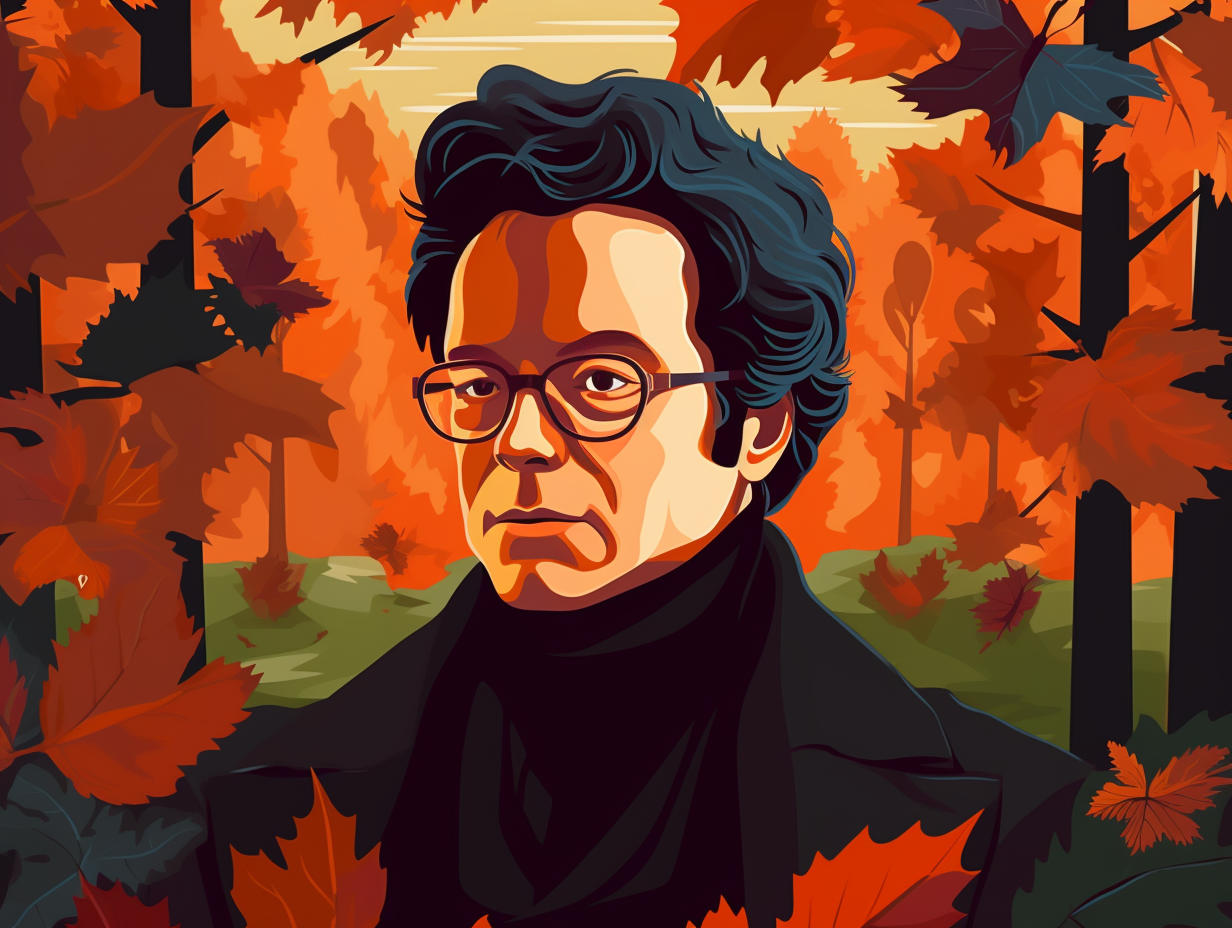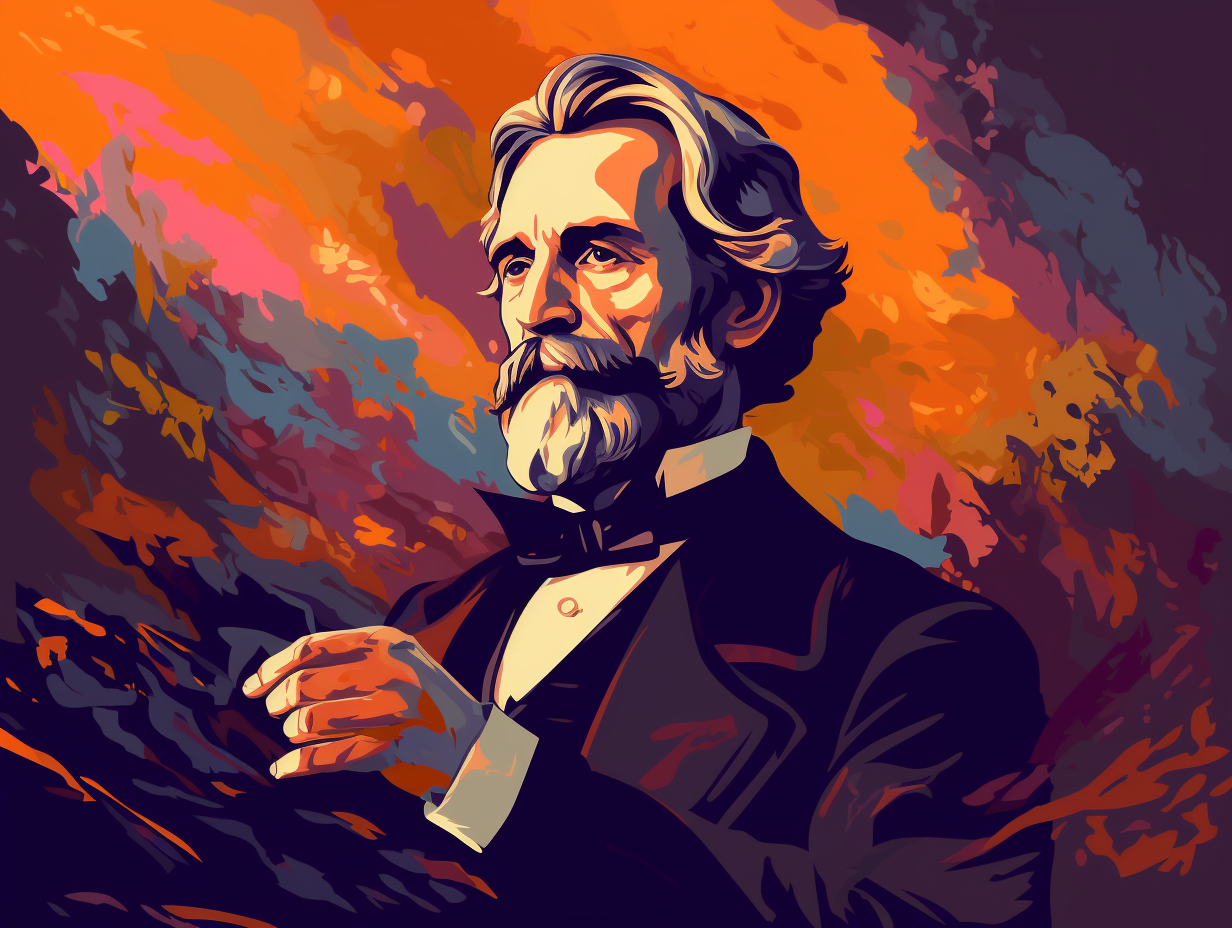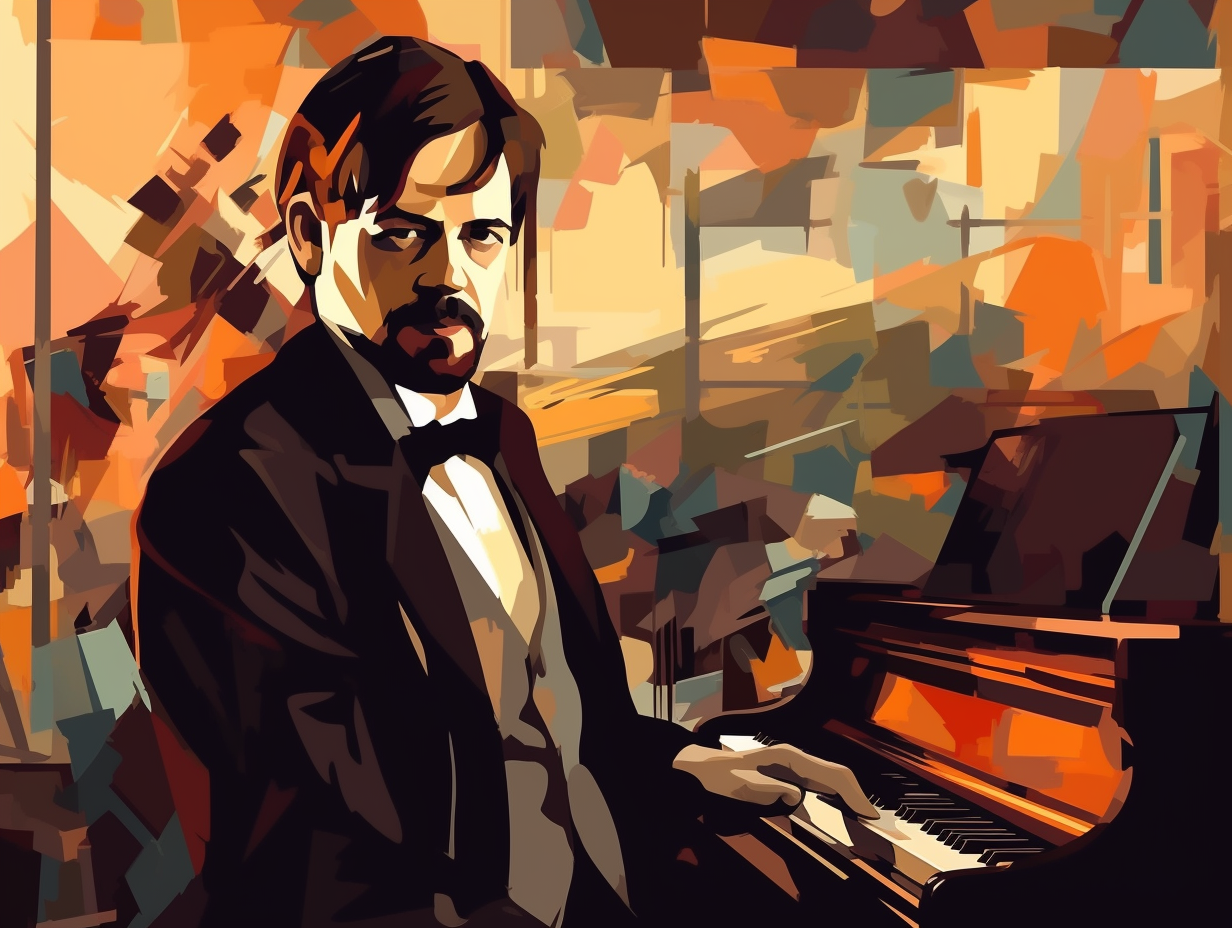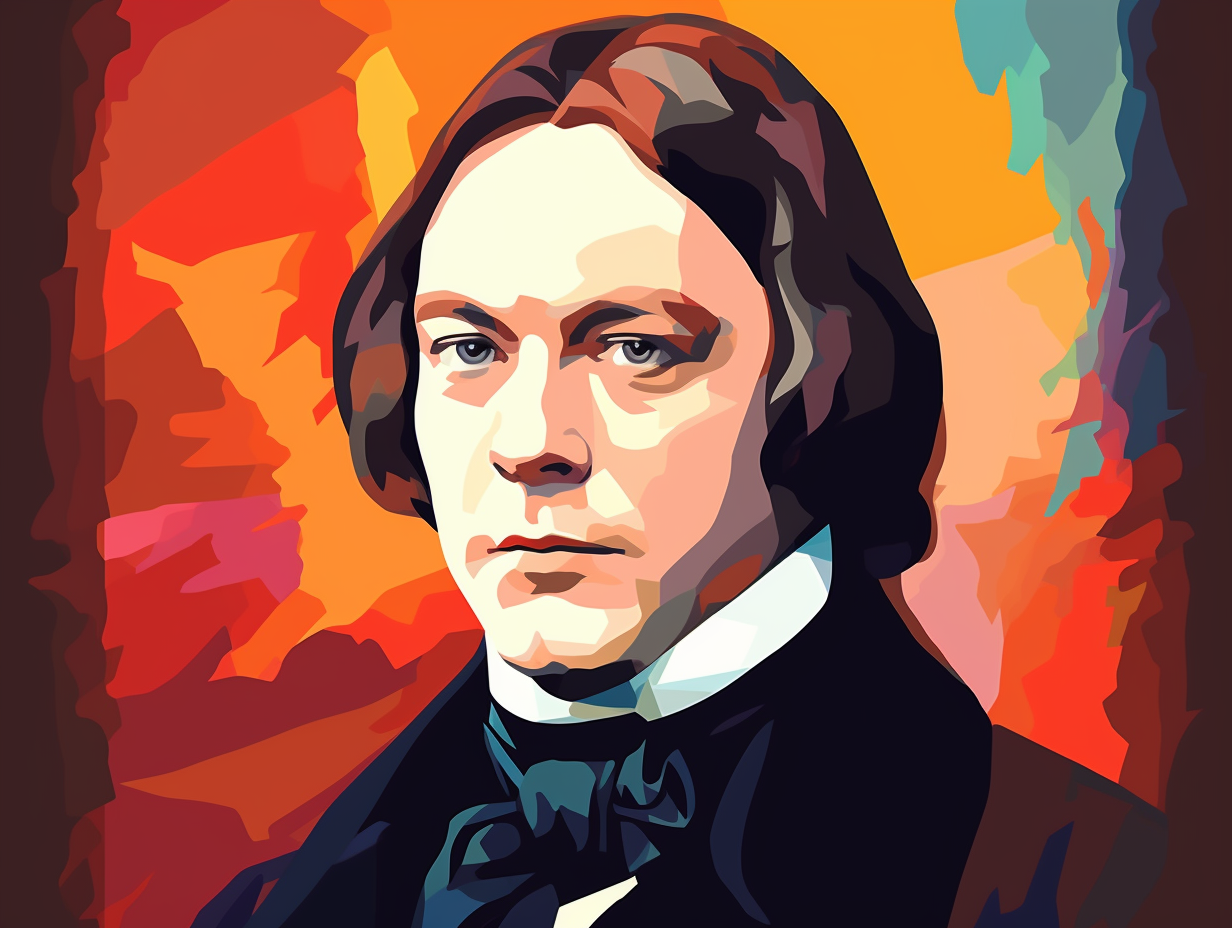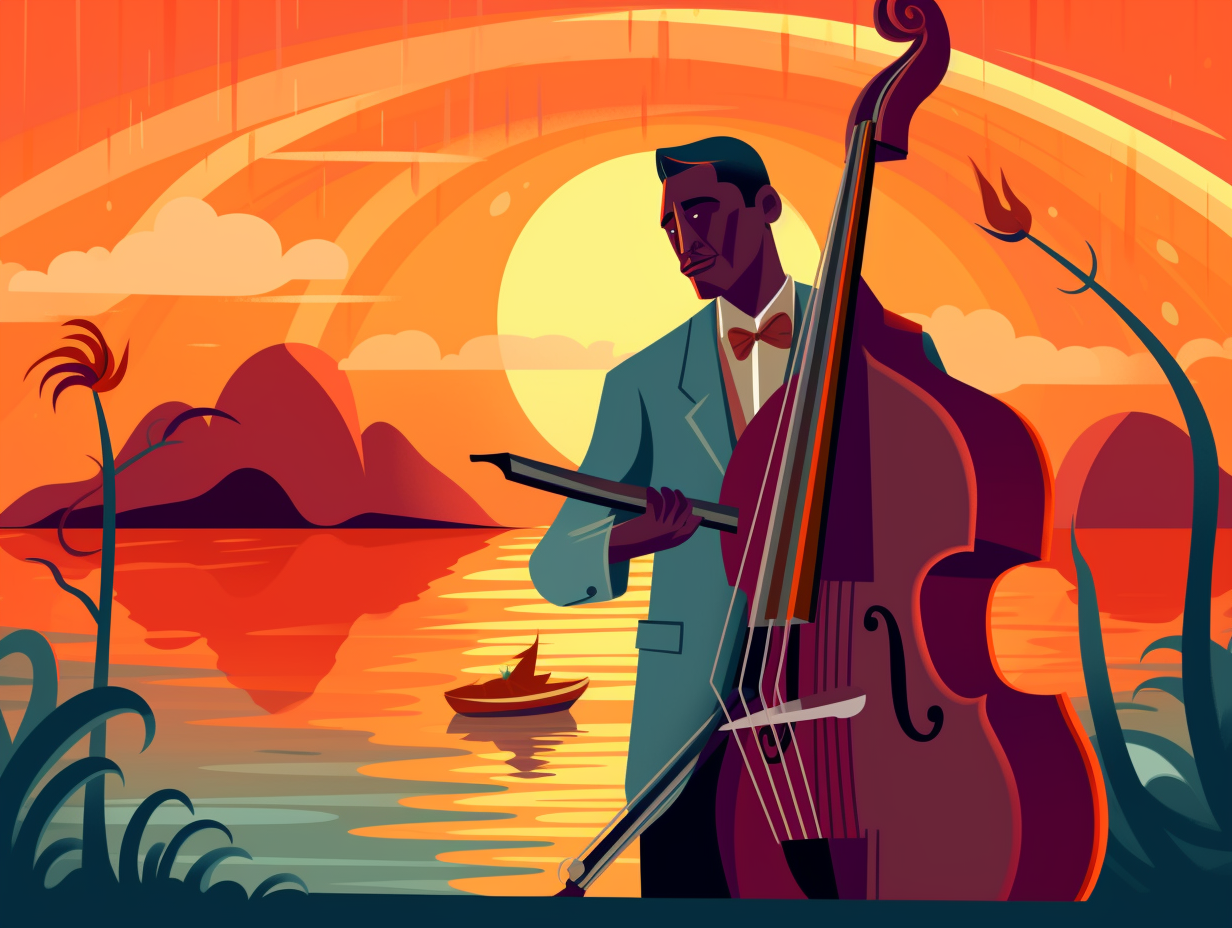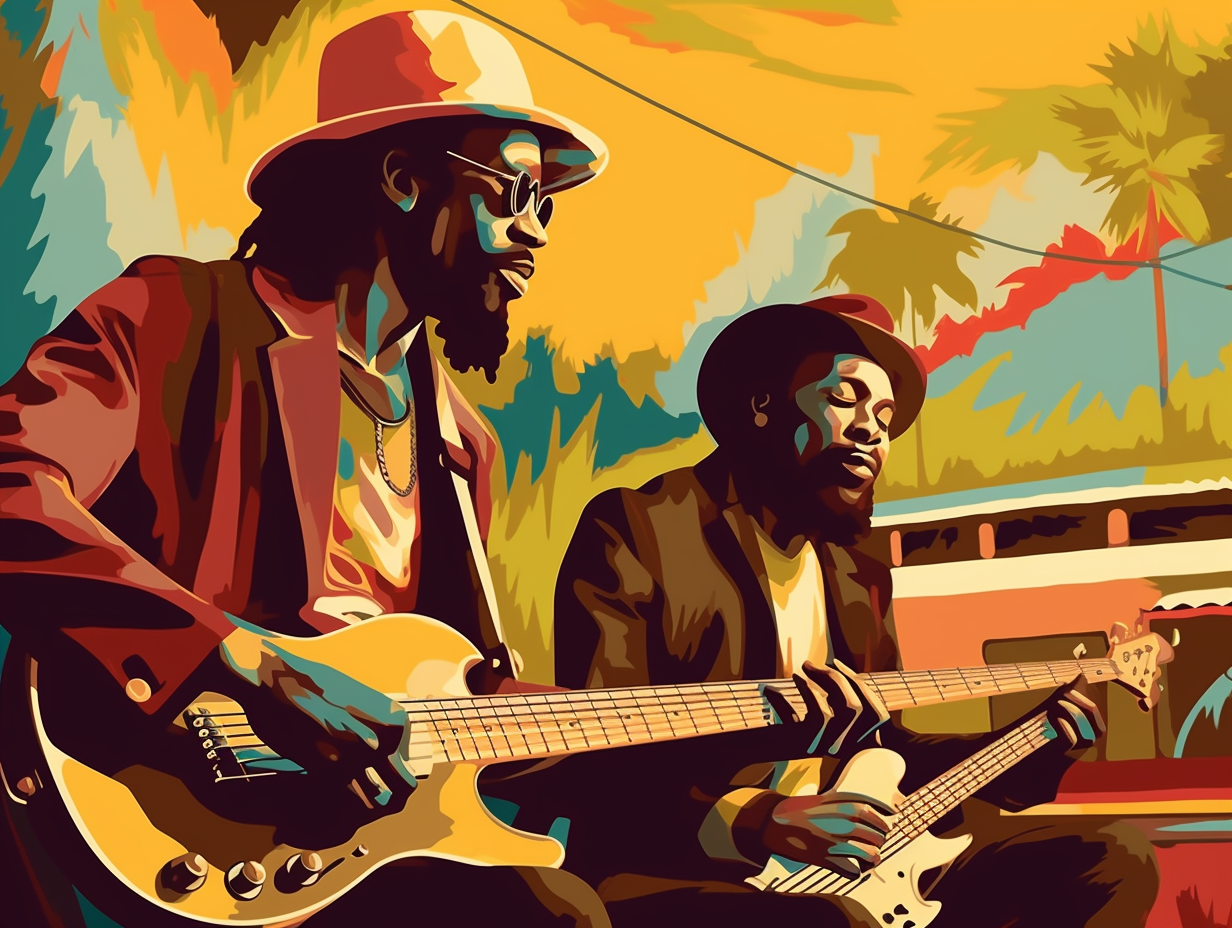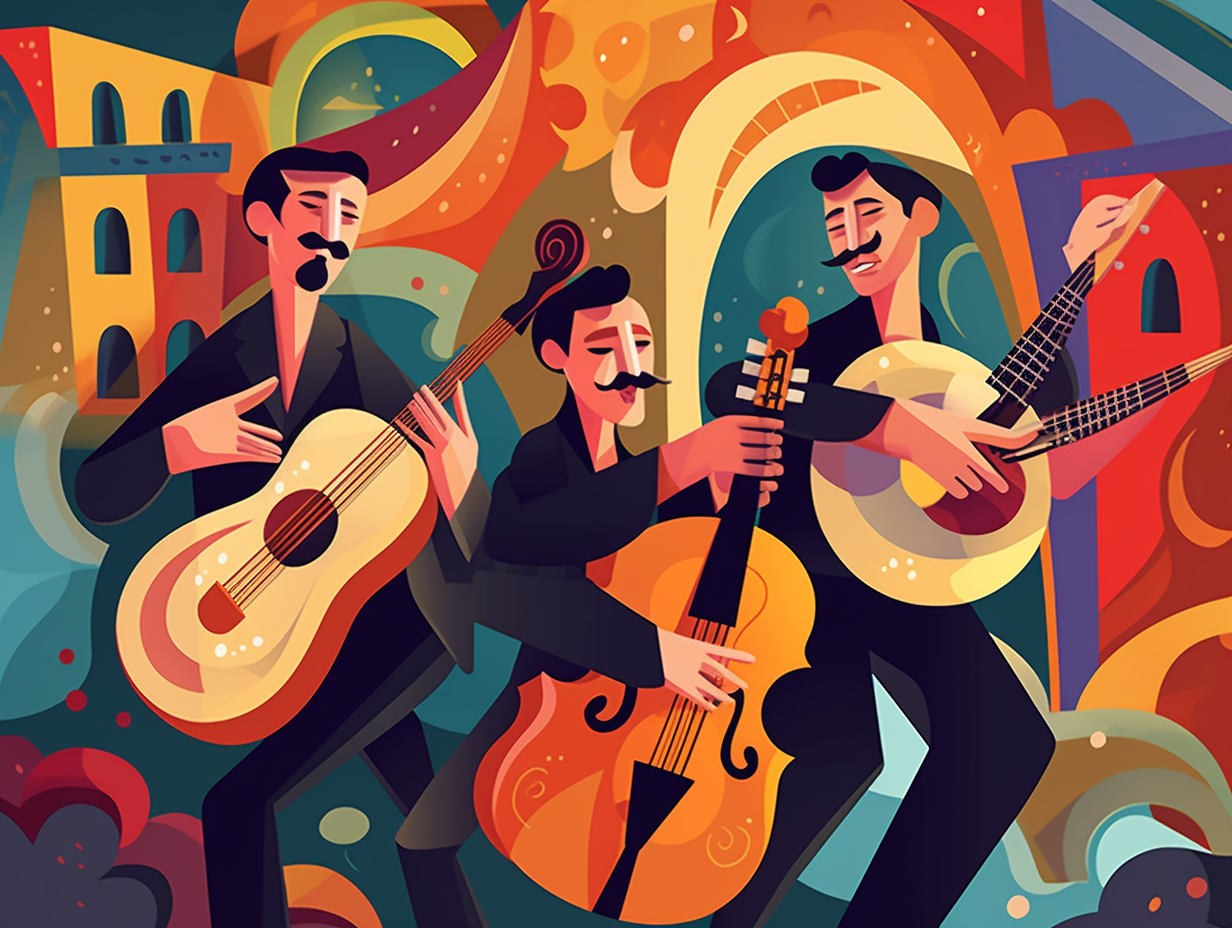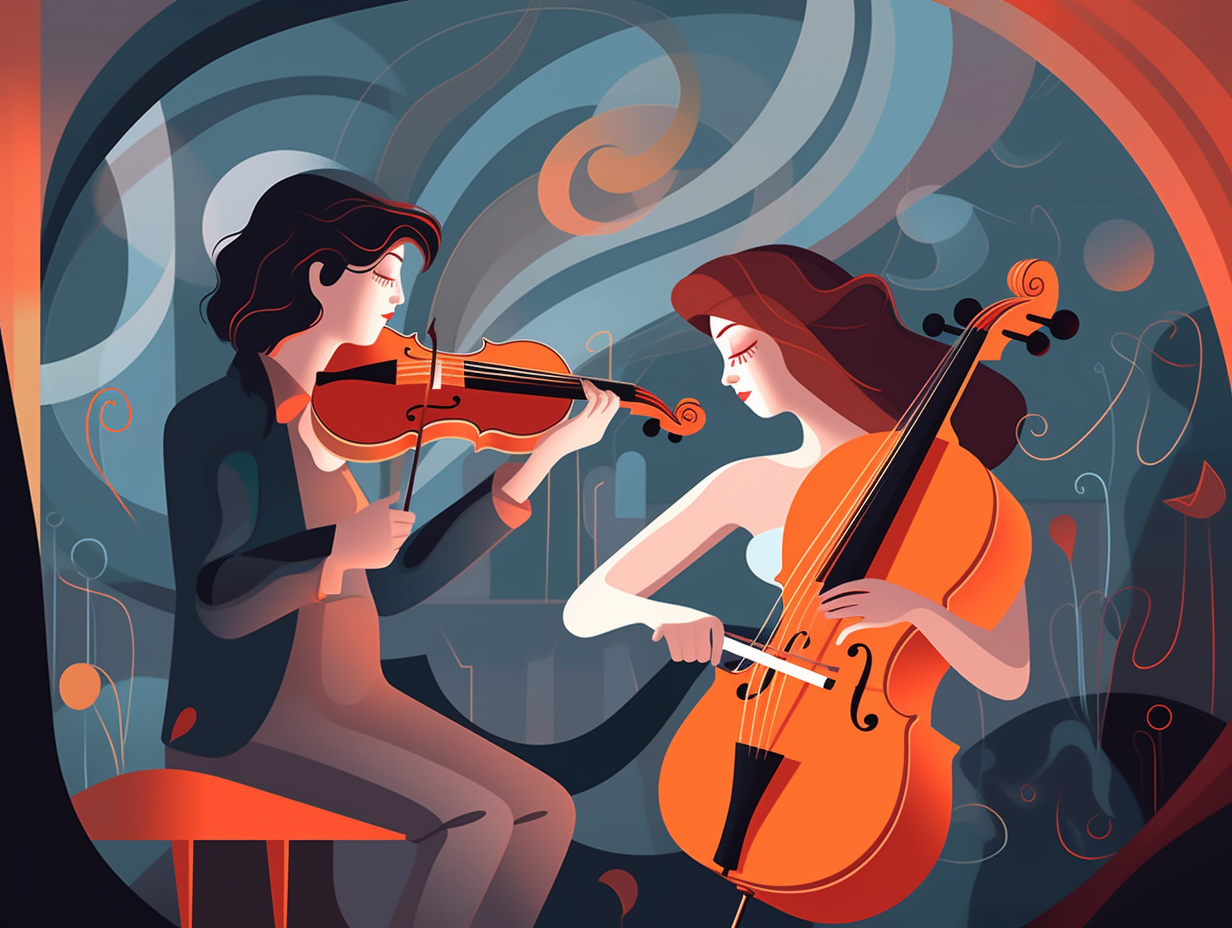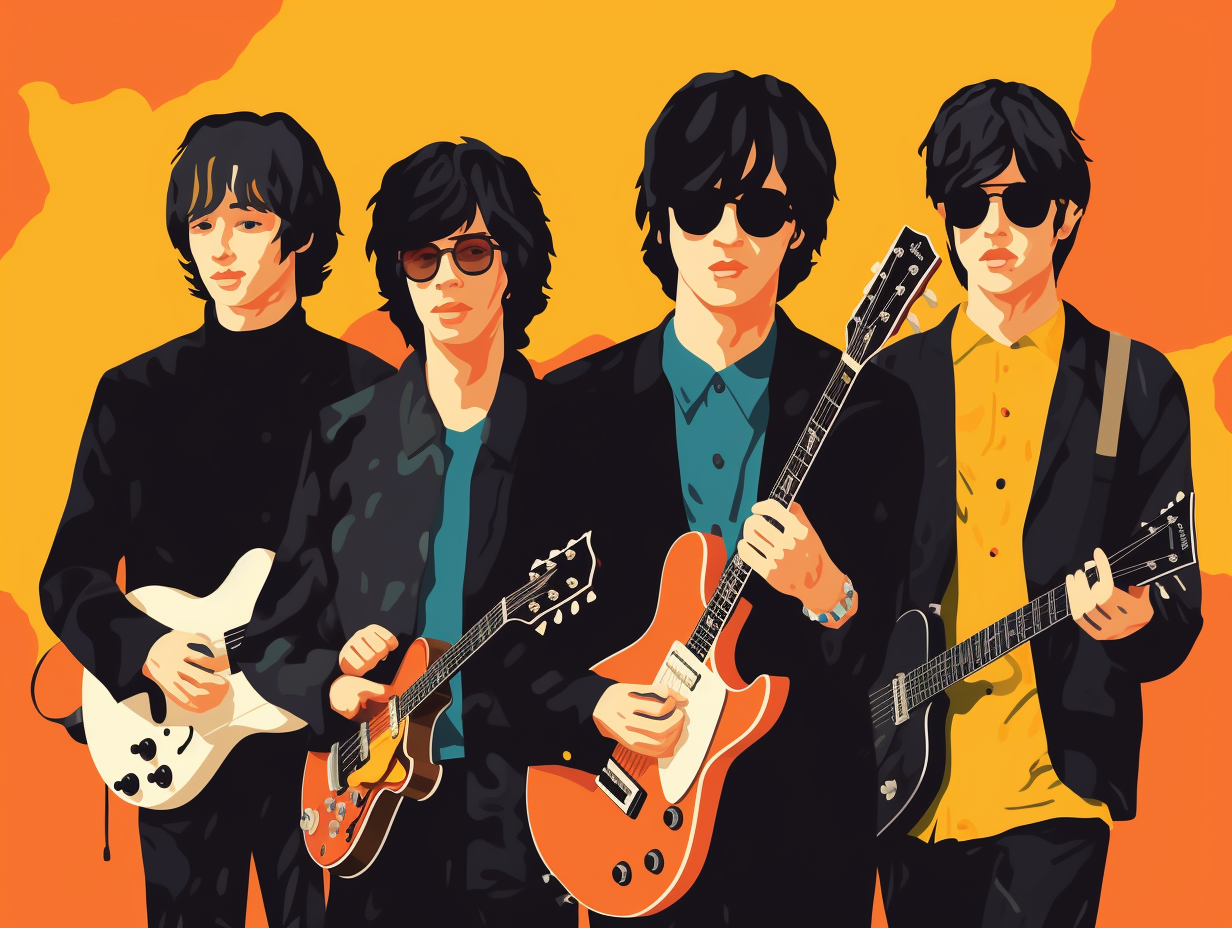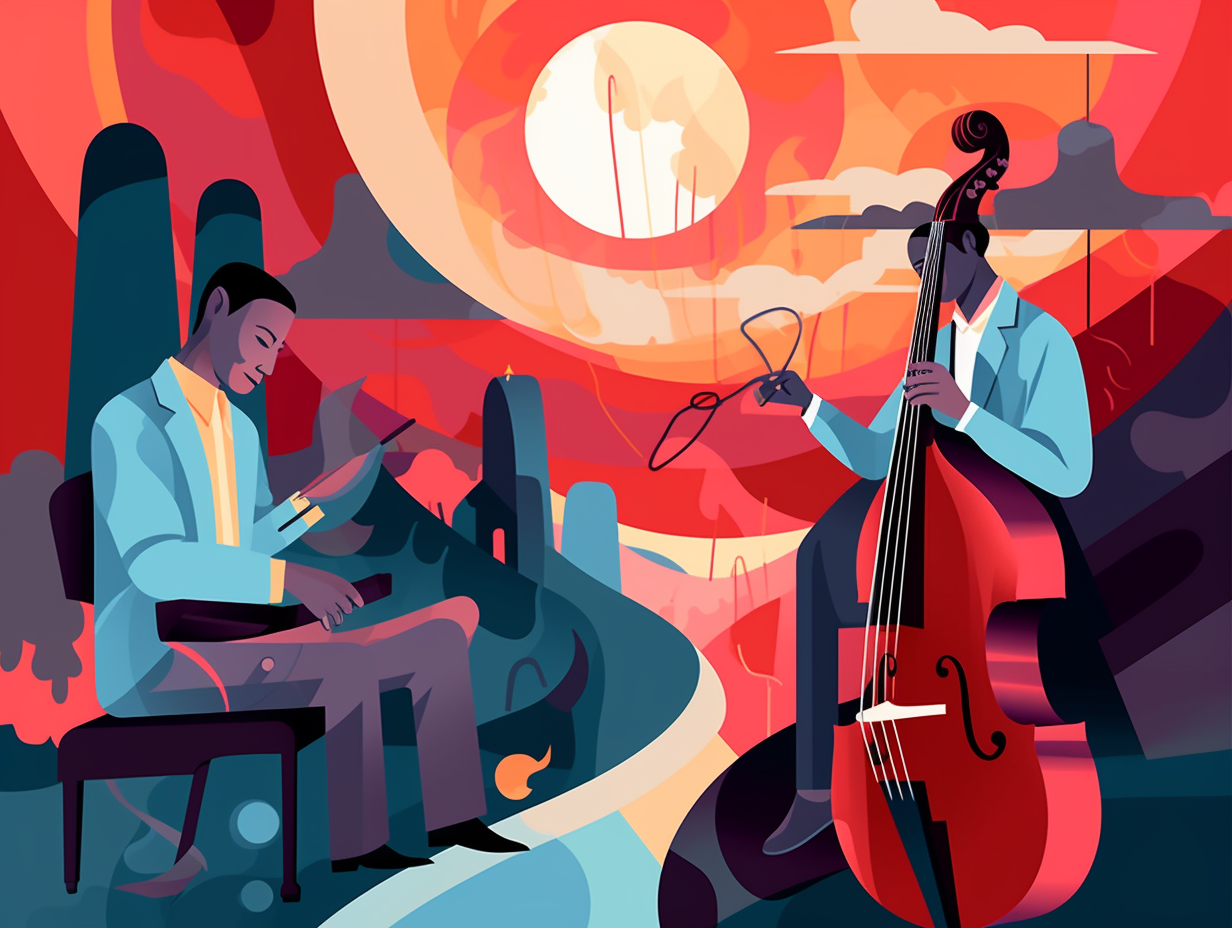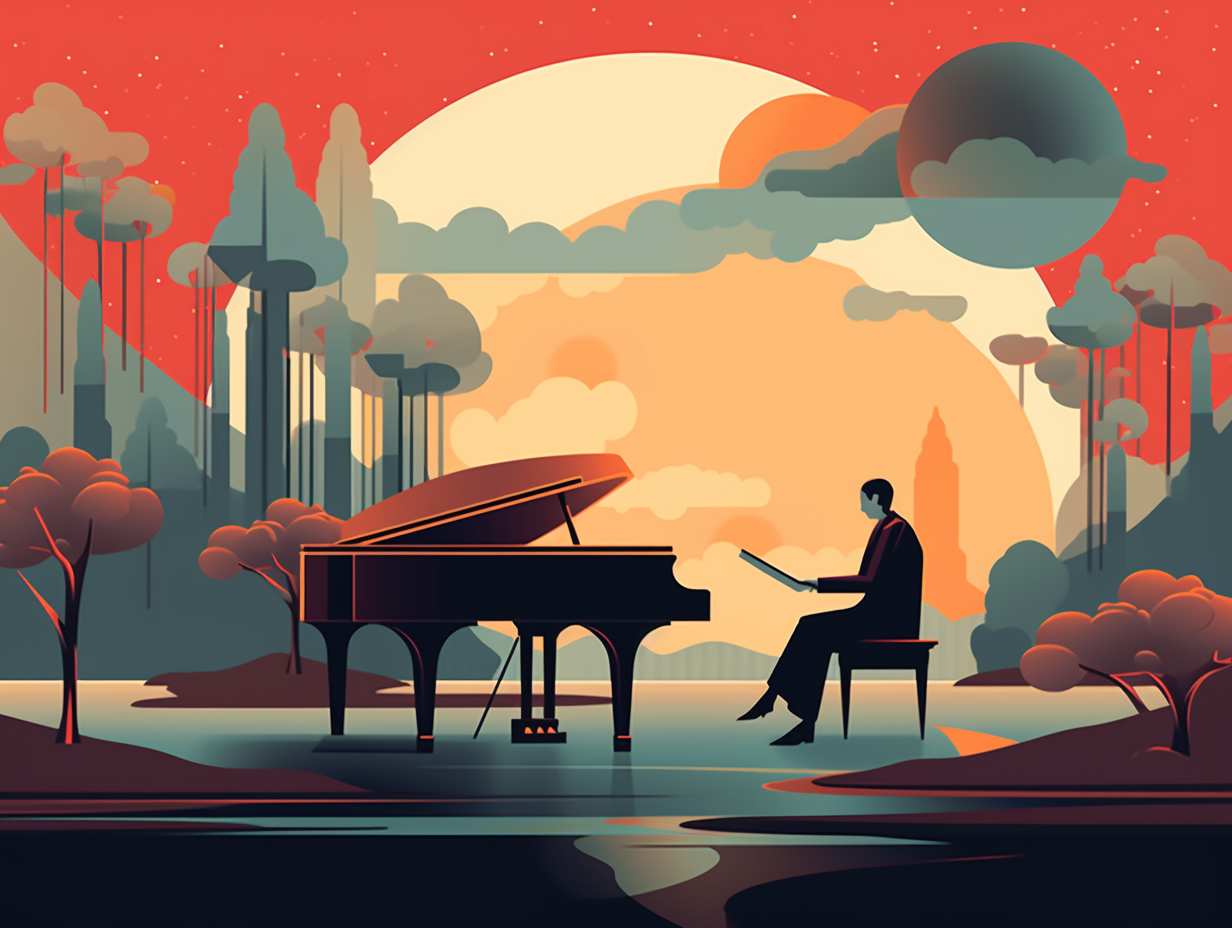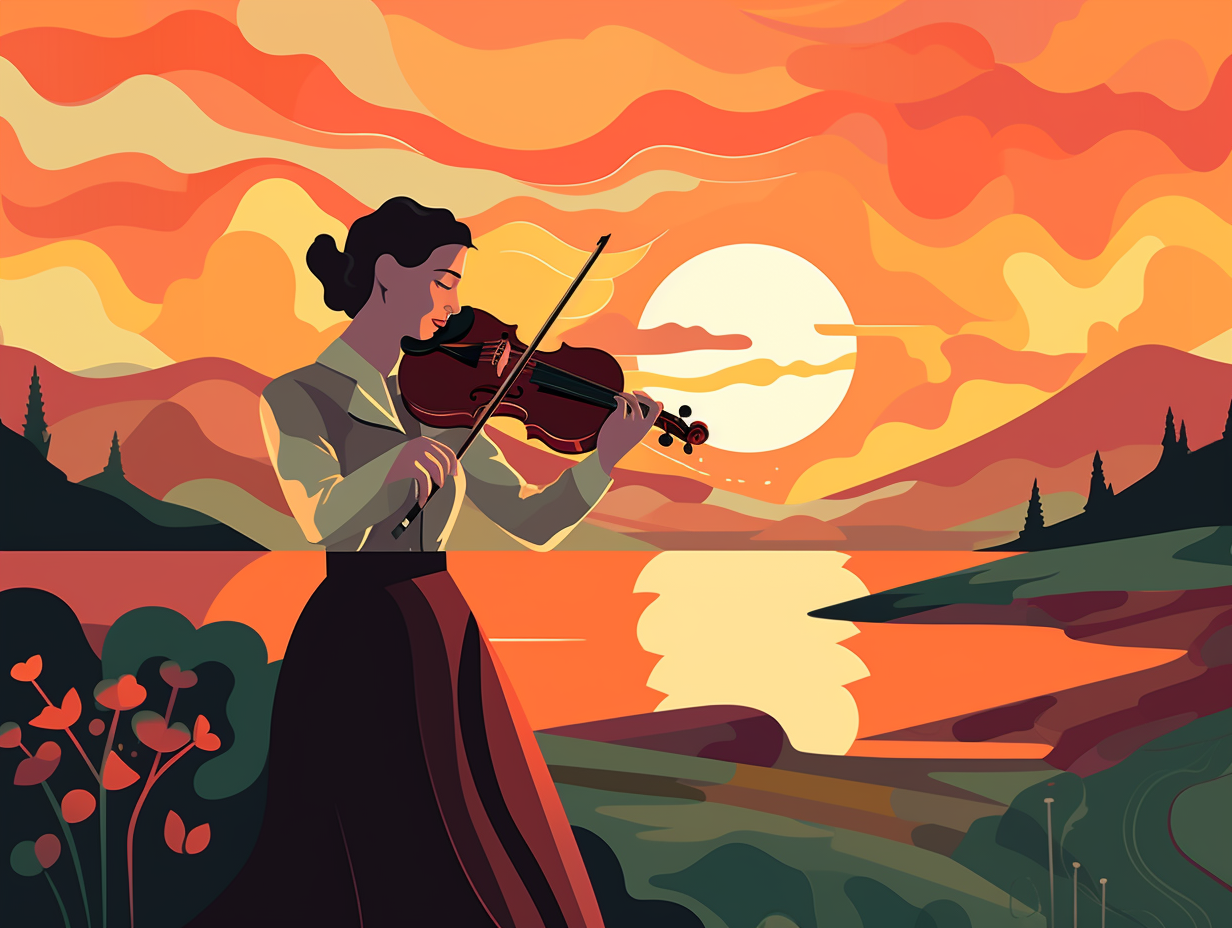Discover the Symphony of Surprises: Top 12 Fun Facts About Aaron Copland You Never Knew

1. Rodeo Sheriff
Giddy up, cowboy! When the Ballet Russe de Monte Carlo needed some foot-tapping tunes to transport audiences to the Wild West, they turned to Aaron Copland – the unofficial sheriff of American classical music: Copland was commissioned in 1942 to compose the score for the wildly successful cowboy ballet "Rodeo," featuring a delightful mashup of American folk songs and dance tunes, but sadly, our maestro never rustled up a catchy teen anthem or "Hoedown" for this rollicking ride.
Source => aaroncopland.com
2. Appalachian Spring Settlers
Before the pioneers hit the runway, they danced the Appalachian Spring: Aaron Copland's orchestral suite, originally commissioned as a ballet by Martha Graham, tells the story of 19th century American pioneers celebrating the arrival of spring after building a new Pennsylvania farmhouse. The charm-filled composition earned Copland a Pulitzer Prize in 1945, was first scored for a 13-member chamber orchestra, and even features a musical nod to the Shaker song "Simple Gifts" as masterfully adapted from Edward D. Andrews' "The Gift to Be Simple".
Source => en.wikipedia.org
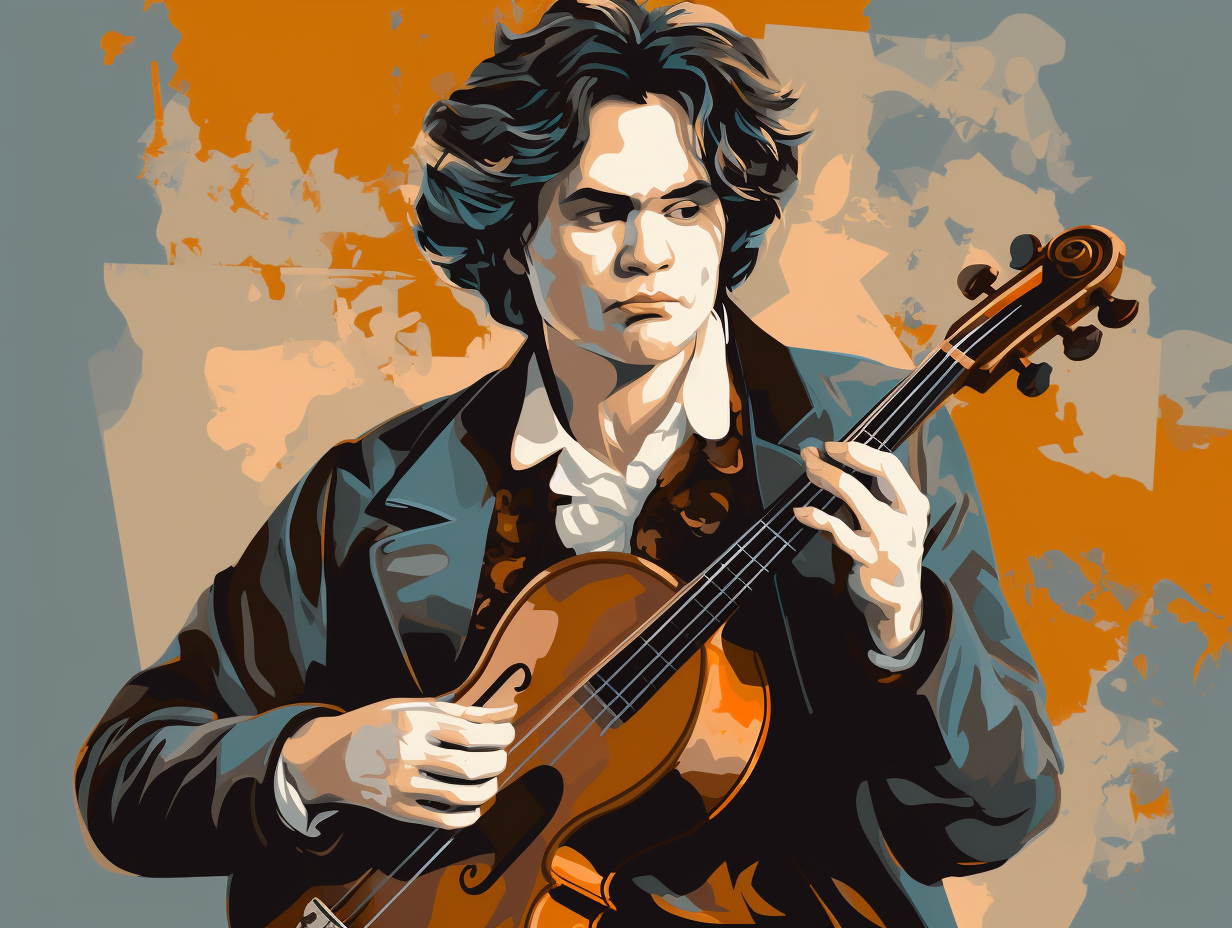
Did you know Beethoven's father altered his son's birth year to market him as a child prodigy? Discover the truth behind this musical deception! 🎵🤥
=> Fun Facts about Beethoven
3. Cowboy Roots
Yee-haw! Seems like Copland's passion for cowboy boots was rooted in his family tree: Aaron Copland's maternal grandfather, Aaron Mittenthal, hailed from Russia but eventually settled in the Wild West of Chillicothe, Illinois, with connections to the famous outlaw Frank James, influencing Copland's later works like "Billy the Kid" and "Rodeo" that brought the American frontier's spirit to life.
Source => yourclassical.org
4. Billy's Square Dance
Yippee-ki-yay, ballet lovers! Hold onto your cowboy hats because Aaron Copland's rodeo of a ballet score is ready to boot scoot boogie through your classical music heart: "Billy the Kid," which premiered in 1938, is a hootenanny of cowboy tunes and American folk songs, making Copland's contribution to American ballet and musical theater practically a square dance of epic proportions.
Source => en.wikipedia.org
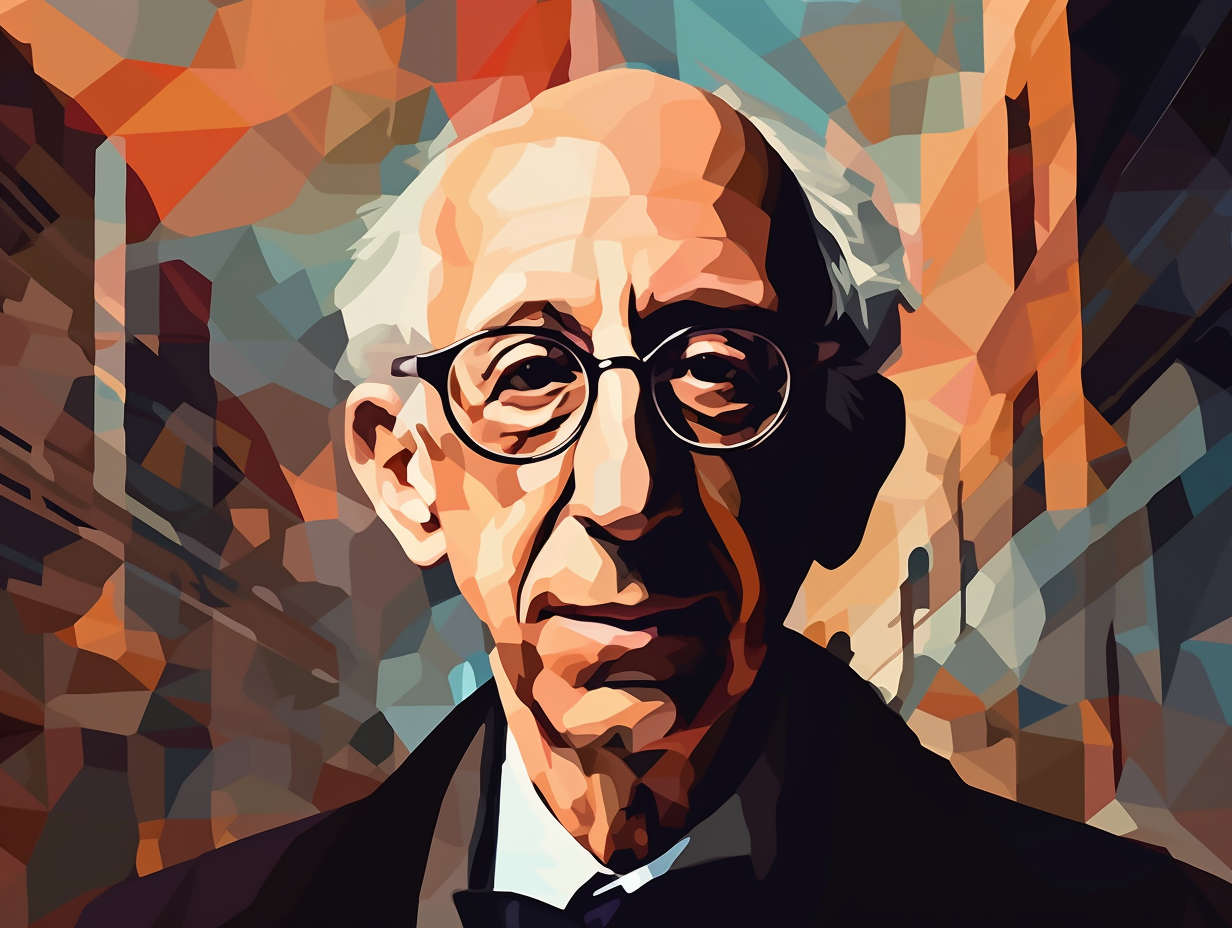
5. Jazzercise King
Once dubbed the "King of Musical Jazzercise," Aaron Copland sure knew how to add some swing to the traditional classical scene: He combined jazz and classical music to create masterpieces like "Music for the Theater" and "Piano Concerto," while launching the Copland-Sessions concerts to showcase young composers, and ultimately nabbed an Oscar for his iconic film score in "The Heiress" (1949).
Source => theviolinchannel.com
6. Oscar-winning Party Animal
From composing catchy symphonies to cha-cha-chaing with ballets and doing the tango with movie scores, Aaron Copland was truly the life of the musical party: He even won an Oscar in 1950 for his tuneful contribution to "The Heiress," showcasing his flair for the film-score fiesta.
Source => en.wikipedia.org
7. Fanfare Frenzy
Can't live without a fanfare? Turns out, even a vice president couldn't tear the fanfare away from the Common Man: Aaron Copland's "Fanfare for the Common Man" was actually composed for the Cincinnati Symphony Orchestra in 1942 as part of a series of fanfares commissioned by conductor Eugene Goossens. While it wasn't directly inspired by a vice president's speech or wartime morale-boosting, this famous musical piece was a response to the US entering World War II and has become the only one of the ten commissioned works to remain in the standard repertoire.
Source => en.wikipedia.org
8. Parisian Piano Puzzle
Taking a page from the Parisian playbook: Aaron Copland's Piano Variations, published in 1932, were not only a melodic pièce de résistance but also a nod to his prestigious mentor, Nadia Boulanger. This harmonic brainchild, dedicated to Gerald Sykes, foreshadowed Copland's later works and even got an orchestral glow-up in 1957 when the maestro himself transcribed it for the symphony lovers.
Source => en.wikipedia.org
9. Cold War Comeback
Playing a high-stakes game of musical chairs: Aaron Copland, iconic American composer extraordinaire, faced a temporary ban on his music during the Cold War by several orchestras and universities, all because he was named on a list of "Communist dupes and soft-headed do-gooders" published by Life magazine in 1949, but he still managed to rise above it and create a legacy with his unmistakable American sound.
Source => durhamsymphony.org

10. Depression-era Sonic Chef
During the Great Depression, Aaron Copland decided that if the masses couldn't afford bread, perhaps they could eat cake - or at least, enjoy some sweet tunes: He transitioned his musical style to incorporate recognizable melodies into a major-minor tonal system, catering to a larger audience's taste buds. Not only that, he challenged critics to be bolder and more informed, transforming them into sonic sommeliers, guiding the American public through a rich palette of musical flavors.
Source => pages.stolaf.edu
11. Marsh-melodies Master
Who needs a campfire and marshmallows when you've got Aaron Copland and his knack for inspiring young musicians with his tuneful, fire-side-esque compositions? Marsh-melodies, anyone?: Enter his "An Outdoor Overture," a piece specifically composed for young performers, which premiered at the High School of Music and Art in NYC on December 16th, 1938, praised for its beauty and making a mark on composer Elliott Carter. The takeaway here: Copland wasn't just about those harmonious tunes, he was also a passionate advocate for music education and getting contemporary American music into the ears and hearts of the next generation.
Source => aaroncopland.com
12. Cinematic Copland
Step aside, John Williams and Hans Zimmer! The original maestro of melodies moonlighting in cinematic scores was none other than America's classical darling, Aaron Copland: Earning his stripes beyond concert halls, Copland penned scores for over 30 films, with standouts such as "Of Mice and Men," "The Heiress," and "Our Town" to his cinematic credit.
Source => runyanprogramnotes.com
Related Fun Facts



